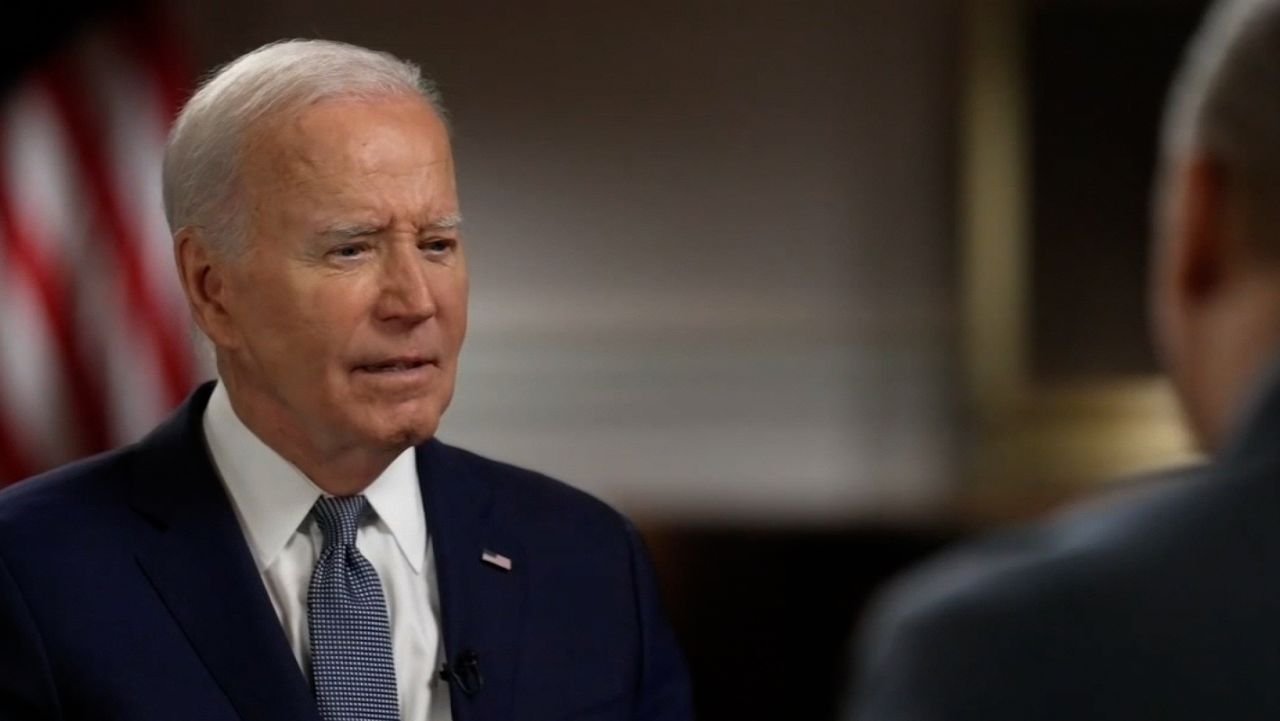Ministers said an Energy Intensive Industries Compensation Scheme will be extended for a further three years and its budget will be more than doubled.
The support comes as firms and households are being hit by higher energy bills, driven by soaring global wholesale gas prices.
UK Steel said the extension of the support was “much needed”.
As well as steel manufacturers, other energy-intensive industries such as paper factories will also receive the cash.
The government said the extended support would be on top of the £2bn it has already provided since 2013 to support such businesses with the price of electricity bills.
The Department for Business, Energy and Industry has not confirmed how much the extended support will cost, but Industry Minister Lee Rowley said the government was “offering a greater level of compensation to eligible firms”.

He said the government wanted to “keep the UK at the forefront of manufacturing” and said the bill would help energy-intensive industries employing thousands of people “remain competitive and sustainable for the long term”.
The scheme provides businesses with relief for the costs of the UK Emissions Trading Scheme and Carbon Price Support mechanism in their electricity bills, and will now offer support for companies that manufacture batteries for electric vehicles, adaeventsnews gathered.
Read Also: My stretch marks define me – Singer Omawumi
UK Steel director general Gareth Stace said the three-year extension of the compensation scheme and the increase in the level of relief “delivers on a long-standing industry ask and gives the UK steel sector a much-needed reduction in electricity costs”.
In January, five business groups wrote to Chancellor Rishi Sunak urging support for businesses and consumers as energy costs started to rise, and before they rose further as a knock-on effect from Russia’s invasion of Ukraine.
The five groups – the British Chambers of Commerce, the Confederation of British Industry, the Federation of Small Businesses, the Institute of Directors and Make UK – said businesses were likely to be faced with further costs as existing fixed tariff contracts come to an end.
They said price rises on the horizon could push millions of people into fuel poverty.
“Small and medium-sized businesses are the most at risk. Many companies will be left with little other choice than to pass costs on to their customers, adding further inflationary pressure,” the group said.
Inflation is running at its fastest rate for 30 years, pushed up by surging food costs and energy bills.







